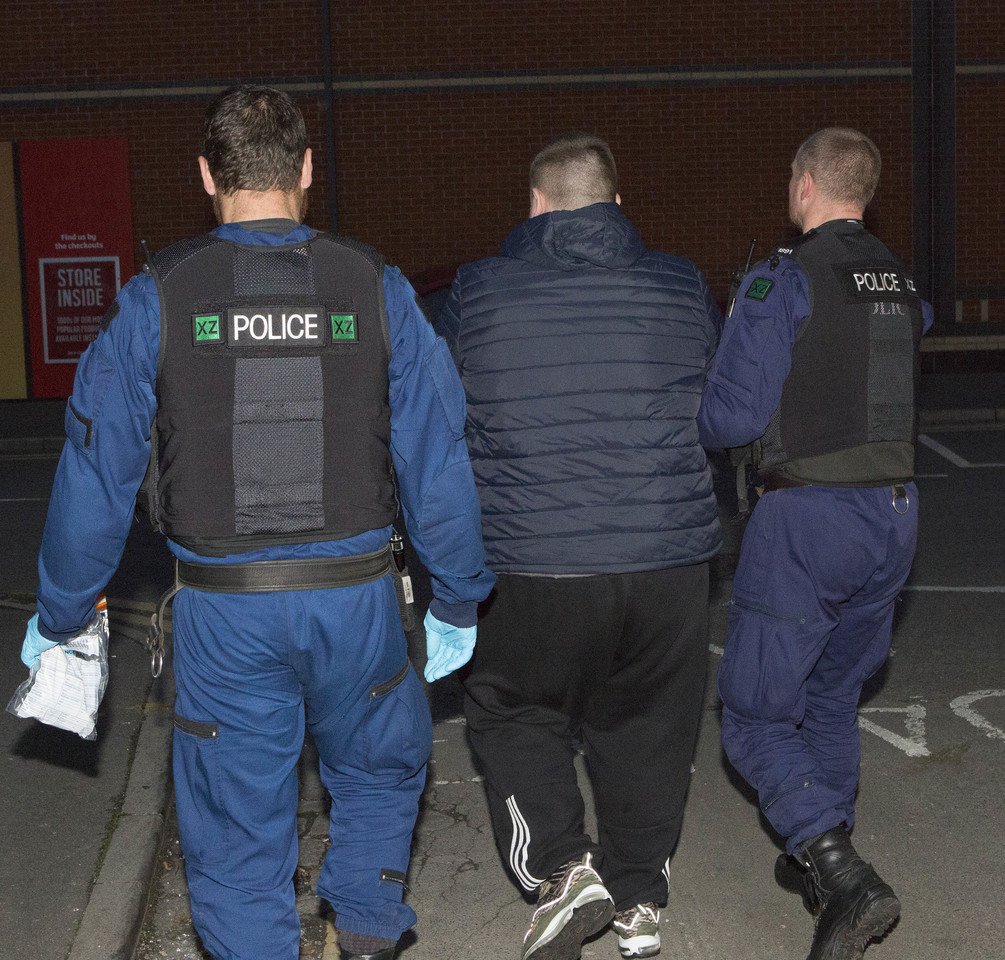
For more information about
Programme Challenger please email:
info@programmechallenger.co.uk
In an emergency, where there is a
threat to life or a crime in progress,
always phone 999
It comprises police detectives and police staff working alongside partner agencies and its primary purpose is to gather information and intelligence and to accurately map the organised crime groups and their criminal activity. Programme Challenger is committed to ensuring this team is well resourced so that our intelligence picture is current and well informed.
The Unit assess threat, risk and harm of organised crime groups and individuals who are operating in localities, engaging directly with local resources to ensure the most up to date information is shared and resources are made available as and when needed to tackle threats. Members of the unit have thematic responsibility for the highest harm threats across Greater Manchester, including county lines, organised immigration crime and counterfeit goods, including counterfeit pharmaceutical products.
Information about organised crime groups in Greater Manchester is sent out every day by the Organised Crime Coordination Unit to all relevant partners, including incidents that have occurred within the last twenty four hours. This means that a partnership response can be coordinated quickly and effectively and that any threats to the community can be addressed by local partnership teams. Included in this exchange of information are any “threats to life” notices that have been issued as a result of intelligence received by the police about a threat to a person or people.
A real-time partnership response to serious organised crime is not only the most effective way to respond, but it also reduces the likelihood of problems escalating through retaliation and retribution.
The Force County Lines single point of contact (SPOC), part of the OCCU, holds a bank of data and has access to several national databases specifically related to county lines and drug supply. In July 2021 the SPOC was tasked to assist a division to locate a medium risk missing person, “JB”, who had previous intelligence for county lines and exploitation. The SPOC reviewed phone data related to JB and helped to attribute key contacts to them who were known to be drug users, drug dealers and some individuals with previous intelligence for exploitation. This resulted in JB being changed from a medium-risk missing to a high-risk missing, which in turn meant further action had to be taken to establish their location. The use of available intelligence, data and systems is integral when investigating missing children and young people, particularly where it is suspected they are missing outside of Greater Manchester. The telephone numbers they are in contact with may be known in other police forces which GMP would not be aware of otherwise without this effective information sharing between police force areas and the ability to access this quickly to safeguard the young person.
